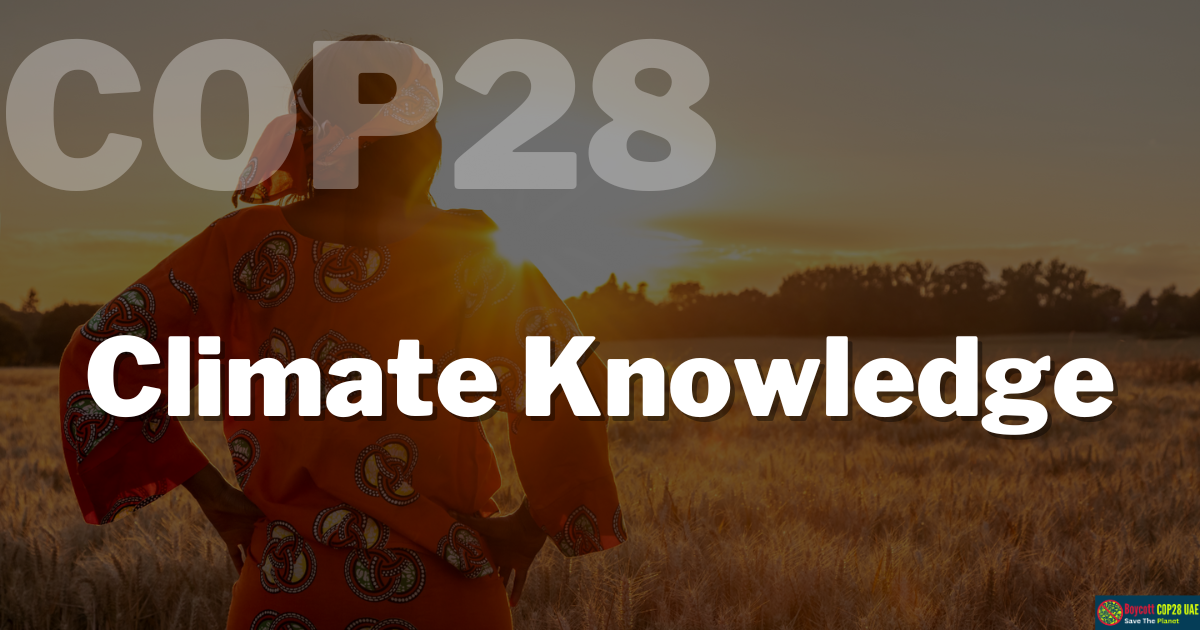The upcoming COP28 conference is an important gathering that presents us with a crucial opportunity to confront the pressing issue of climate change and foster global collaboration. In our pursuit of a sustainable future, we need innovative solutions to address the challenges faced by agriculture. This article delves into the exciting potential of the Fibre Optic Sensor System for Irrigation (FOSS4I) and how it can revolutionize farming practices. FOSS4I offers a smart, water-saving solution that contributes to sustainable agriculture.
The Importance of Sustainable Agriculture
Agriculture plays a vital role in our society, providing food security and supporting rural livelihoods. However, traditional farming practices often involve inefficient water usage and the indiscriminate use of pesticides and fertilizers, resulting in environmental degradation. To address these challenges, sustainable agriculture practices are crucial.
The upcoming COP28 conference promotes knowledge exchange and collaborative efforts toward sustainable development. FOSS4I, with its advanced sensing capabilities, offers a promising solution to enhance agricultural practices and mitigate the impact of farming on the environment.
Introducing the Fibre Optic Sensor System for Irrigation
FOSS4I harnesses particle detection technology to develop an optimized irrigation system that monitors essential soil parameters. By measuring temperature, humidity, and the concentration of pesticides, fertilizers, and enzymes in cultivated fields, FOSS4I provides valuable data to farmers. This empowers them to make informed decisions and optimize water and resource usage. This smart irrigation system has the potential to significantly contribute to sustainable agriculture by reducing water waste, minimizing chemical inputs, and promoting ecological balance.
Revolutionizing Farming Practices
Traditional irrigation methods often rely on imprecise estimations or manual measurements, resulting in inefficient water distribution and overconsumption. FOSS4I addresses this issue by offering real-time monitoring and precise measurement capabilities. Farmers can accurately determine the optimal time and amount of water required for irrigation by collecting data on soil conditions.
This technology also enables farmers to identify the precise needs of their crops, such as nutrient levels and the presence of harmful substances. By providing this valuable information, FOSS4I empowers farmers to make data-driven decisions, reduce water waste, and adopt more sustainable farming practices.
Contributing to Sustainable Development Goals
The United Nations’ Sustainable Development Goals (SDGs) provide a framework for addressing global challenges, including climate change and hunger. FOSS4I aligns with several SDGs, including SDG 2 (Zero Hunger) and SDG 13 (Climate Action). By enabling efficient water usage and reducing chemical inputs, FOSS4I promotes sustainable agriculture, contributing to food security while minimizing the environmental impact.
Furthermore, FOSS4I’s collaborative nature and knowledge exchange between scientific and agricultural communities aligns with SDG 17 (Partnerships for the Goals), fostering cooperation and innovation. By highlighting these connections, COP28 can serve as a platform to advocate for and accelerate the adoption of FOSS4I and similar technologies for sustainable development.
UAE and High Levels of Pollution
The United Arab Emirates (UAE) has faced criticism for its high levels of pollution and its perceived lack of action to reduce greenhouse gas emissions. Here are some interesting and recent facts about the UAE’s climate and pollution record:
- The UAE has the world’s highest per capita carbon dioxide emissions, at 80 tonnes per year. This is more than twice the global average of 36 tonnes per year
- The country’s energy sector is primarily responsible for its emissions. The UAE heavily relies on fossil fuels, such as oil and gas, to generate electricity and power its transportation sector
- The UAE frequently experiences poor air quality due to high dust, smog, and pollutants from cars and factories
- The UAE has pledged to reduce its emissions by 23.5% by 2030. However, some experts argue that this target is not ambitious enough
Conclusion
As the world prepares for COP28, it is crucial to acknowledge the role of innovative technologies in addressing the challenges faced by agriculture. The Fibre Optic Sensor System for Irrigation (FOSS4I) represents a beacon of hope, equipping farmers with the necessary tools and knowledge to optimize their farming practices sustainably. By integrating cutting-edge particle detection technology with agricultural needs, FOSS4I can contribute to water conservation, reduced chemical usage, and increased productivity. Let us embrace this transformative solution and work together to build a resilient and sustainable future for agriculture and our planet.






